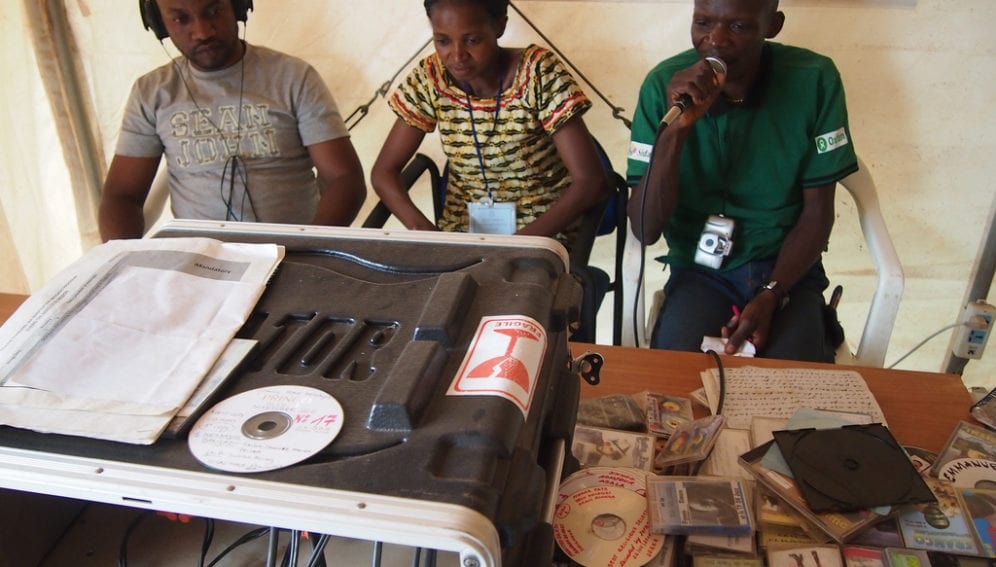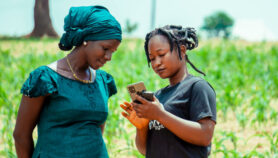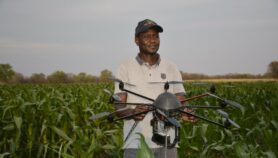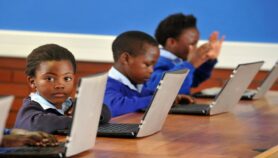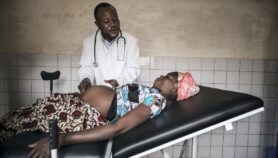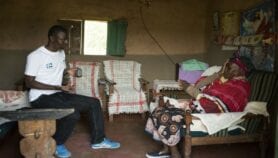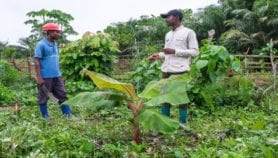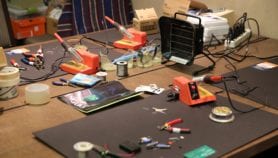By: Gilbert Nakweya
Send to a friend
The details you provide on this page will not be used to send unsolicited email, and will not be sold to a 3rd party. See privacy policy.
[KAMPALA] Wars and conflicts in the developing world cause untold losses and damages to populations and natural resources.
But there is a positive spin-off from this tale of destruction, as I discovered during a session on the application of information communication and technologies (ICTs) in post-war management at the 9th eLearning Africa conference in Kampala, Uganda this week (28-30 May).
Young people, victims of war and conflict in northern Uganda, narrated their experiences of using various ICTs in conflict management.
A positive outcome of conflict, according to the youth, is that it serves as a learning ground for the victims to try and resolve their differences and forge into the future peacefully.
“I used my mobile phone and invited other youth to watch the video. We learnt that war is also elsewhere and started facing our situation positively, perhaps the reason we are living today.”
Alex Okello, Barr ICT Youth Network Association, Uganda
Through radio and television programmes, mobile phones, and computers, the young people are promoting peace in northern Uganda incorporating development programmes such as capacity building in technology, agriculture and health.
The programmes educate, protect and give psychological counselling to the youth who have been exposed to war and conflicts for decades.
The youth work with peace-building initiatives — including Uganda-based Barr ICT Youth Network Association— that aim to empower young people in technological developments and peace talks in the region.
Through these initiatives, the youth hold dialogues and develop radio programmes aired to enlighten the community on the need for peace and development issues.
War victims Alex Okello and Proscovia Awor are volunteers with Barr ICT Youth Network Association, which was set up by War Child Holland, a global non-profit organisation headquartered in the Netherlands. Okello says he lost hope after losing seven family members, including parents to war in 2001, leaving him responsible for his young brother, with no resources to support their education.
“We were trained by War Child Holland on how to use computers and extended the services to other youth through capacity building,” recalls Okello, who is now the programme coordinator of the association.
He came to learn that conflict also exists elsewhere after connecting with a friend from Syria on Skype, who shared a video clip of the war in their country. “I used my mobile phone and invited other youth to watch the video,” Okello narrates. “We learnt that war is also elsewhere and started facing our situation positively, perhaps the reason we are living today.”
Awor says that through various radio programmes, people are now becoming enlightened and settling on developmental matters in the region. For example, she adds that misconceptions about the Karamoja community from the region have significantly reduced. “People now view them positively after we came out to talk of them,” she notes. “Previously, they were seen as hostile and uncivilised and no one wanted to engage them in anything.”
Awor is appealing for more radio stations to be set up in northern Uganda, increased Internet access and adequate media coverage of the region to maximise the benefits of ICTs.
I hope the youth in other parts of Sub-Saharan Africa with similar fates could also benefit from such initiatives.
This article has been produced by SciDev.Net's Sub-Saharan Africa desk.


